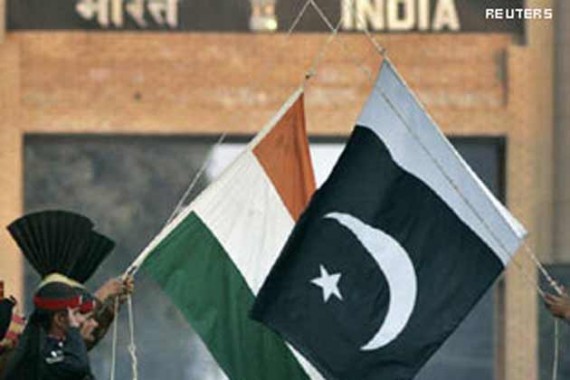
Pakistan is at it again. Just when it seemed things were looking up for India-Pakistan relations, Islamabad has ratcheted up its rhetoric on Kashmir. In a sharp statement on the eve of Narendra Modi’s first visit to Jammu and Kashmir as prime minister, Pakistan’s foreign office spokesperson Tasnim Aslam said that Islamabad does not accept “the so-called accession” of J&K to India. She declared that Kashmir is disputed territory and that “it is not an integral part of India”.
This is bad politics for a variety of reasons. First, this rhetoric is unhelpful to Mr Modi, who has hardliners in the government, J&K and the Sangh parivar to contend with, as he tries to normalise ties with Pakistan. Such statements are bound to sow fresh doubts in India about Islamabad’s approach to bilateral ties. Policymakers in Delhi have lately considered Pakistan’s civilian government as a more willing partner to normalise ties but are sceptical that its army’s strategic calculus has changed towards India.
Security analysts will see the statement as a cue for militant groups to spike infiltration across the Line of Control and intensify violence in Kashmir. Commentators will offer a more charitable view of the statement, seeing it as symbolic pandering to Kashmiri constituents ahead of Modi’s visit. Some will say that this is an effort to deflect attention from the Pakistan army’s ongoing offensive in North Waziristan. It is also probably facing internal pressure following on the US state department’s recent decision to designate Jamaat-ud-Dawa, a front of the Lashkar-e-Taiba, as a terrorist organisation. Raking up Kashmir amid this scenario is a useful lever for Islamabad to ease a bit of pressure. But adopting a hardline stand that encourages militants is not going to alter the direction Pakistan is heading, as it battles extremism, which is tearing the country apart.
Pakistan’s statement, which also brought up UN resolutions and “the right to self-determination”, has notable diplomatic implications. By refreshing plebiscitary rhetoric, Islamabad is again underlining that it is not interested in exploring non-territorial solutions to J&K, such as the four-point formula popularised by General Pervez Musharraf. This doesn’t portend well either for Kashmir or India-Pakistan relations in general.








